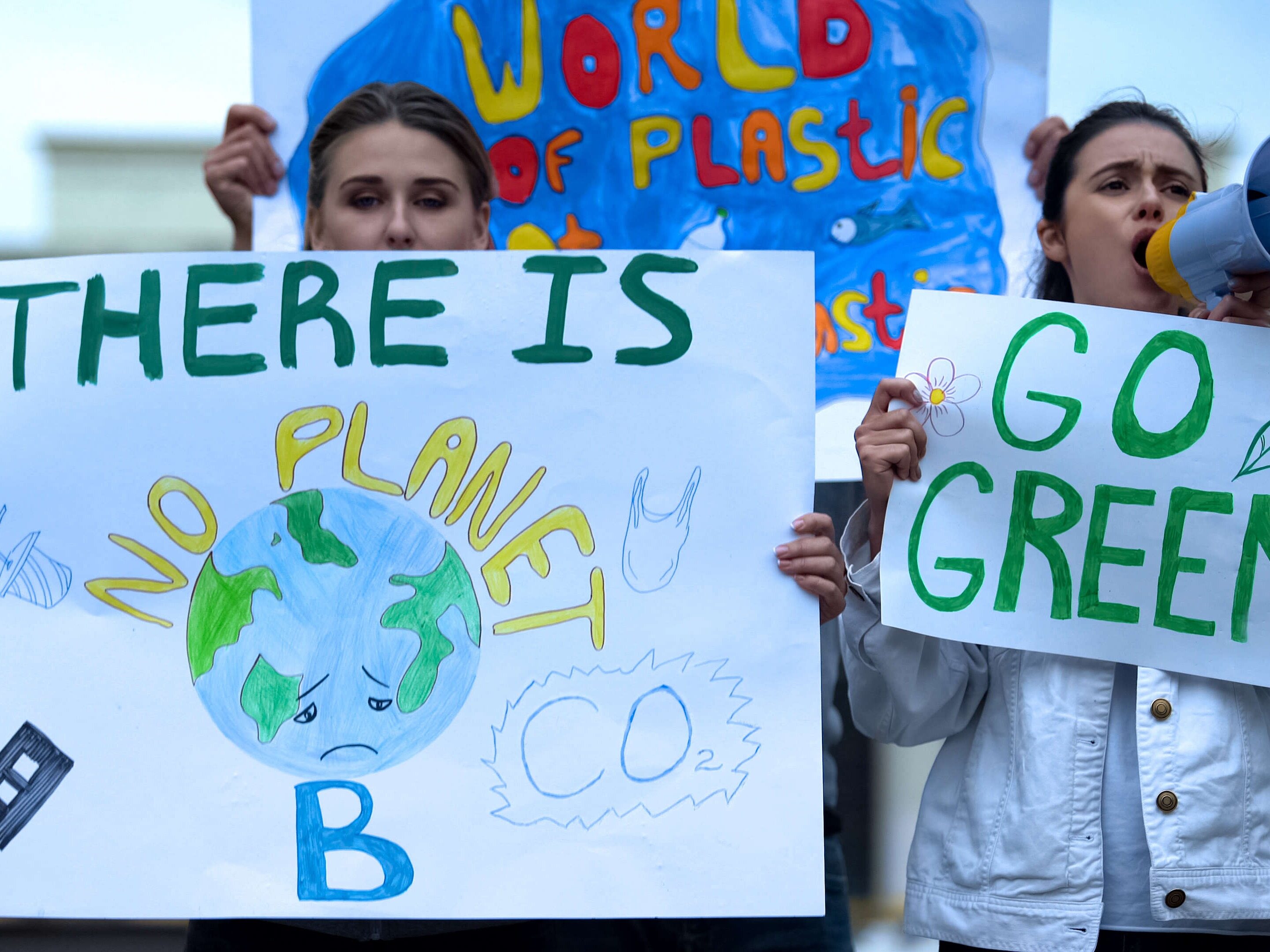- According to the new target, the German government expects that by 2030 carbon emissions will be reduced by 65% compared to 1990

The German government said on Wednesday that it will set more ambitious emission reduction targets after the German Supreme Court made a landmark ruling declaring a flagship climate protection law "not sufficient." German Finance Minister Olaf Scholz said at a press conference in Berlin that according to the new target, the German government expects to reduce emissions by 65% from 1990 levels by 2030, and from the current 55%. The emission reduction target is farther away.
Energy conservation
By 2040, emission reductions will reach 88%, and the goal is to make Germany carbon neutral by 2045, five years earlier than previously expected. "We want to make our goals more precise," Scholz said, adding that "ambitious but achievable" reforms will be reviewed by the Cabinet next week.This move was criticized by activists as insufficient, after the German Constitutional Court ruled last Thursday that the original national emission target flouted the rights of young people because they ignored the emission reduction target after 2030.The court said that the current climate protection law has the potential to "irreversibly reduce the major emission reduction burden" after 2030, thereby "infringing" on future generations.
freedom of. It ordered an improvement plan to be proposed by December 2022. As the government’s response accelerates, environmental issues are quickly becoming a hot spot in the September elections. For the first time, Chancellor Merkel’s conservatives felt the heat of the Green Party, an ecologist.

The Green Party led a popularity survey less than five months before the election. Partly inspired by the "Future School Strike" of the youth movement on Friday. The pressure of the polls was driven by pressure. Merkel said before the September election that it would take environmental issues seriously, and her outgoing right-wing coalition government said it plans to revise its climate targets before the end of her term. Environment Minister Svenja Schulze said at a press conference on Wednesday: "The ruling of the Constitutional Court has blown the wind on climate protection. She said that the new goal is to "provide fair offers to the younger generation." They now "will not bear the biggest burden." She added that in terms of environmental policy, there is now a "competition". She said: "The focus of the debate is no longer whether we should do something, but who Have the best idea. Merkel said at a parallel event in Berlin on Wednesday, "Young people remind us that we are walking too slowly on the issue of climate change, not too fast."
Merkel said that the constitutional court's ruling "tells us: you can't just provide freedom for the living generations, you must also consider the freedom of future generations." "This is a new legal perspective that may have many consequences and impress us. We have to do more. "Not enough." Experts say that if Germany is to reach the new emission targets, it needs Take major steps. Claudia Kenfert, an energy and environmental expert at the German Institute for Economic Research (DIW), said: "The goal of expanding renewable energy must be at least quadrupled.
She said they also need to provide more support in areas such as rail travel, building renovation and charging infrastructure. At the same time, environmental groups and opposition parties warned that these goals are still not enough. "A reduction of 65% is not enough," Lisa Gold, a German Greenpeace activist, said on Twitter, urging the government to change the goal of reducing emissions by 70% by 2030 to emissions reductions. Lorenz Costa Betim of the radical left party said: "This is a big step for the coalition government, but it is a small step for the climate. Editor/XuNing、Design/XiaChangwang
Comment
 Praise
Praise
 Collect
Collect
 Comment
Comment
 Search
Search














Write something~